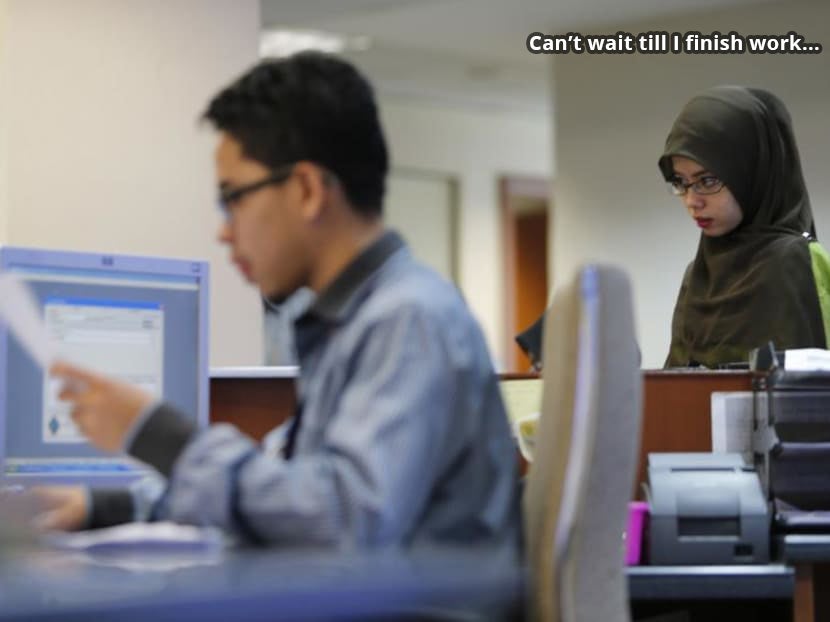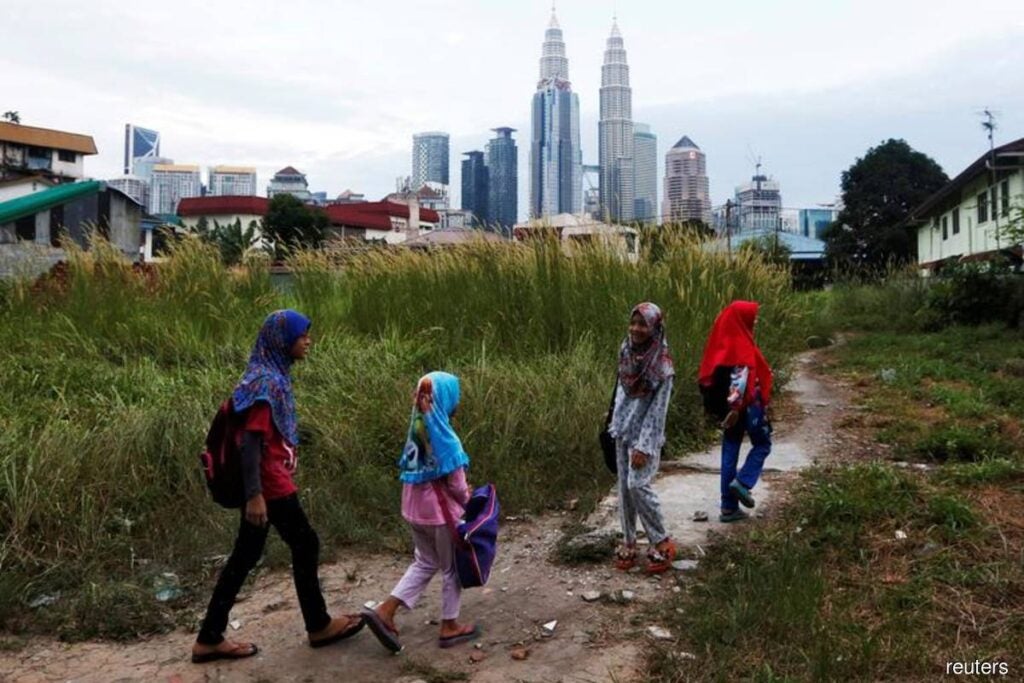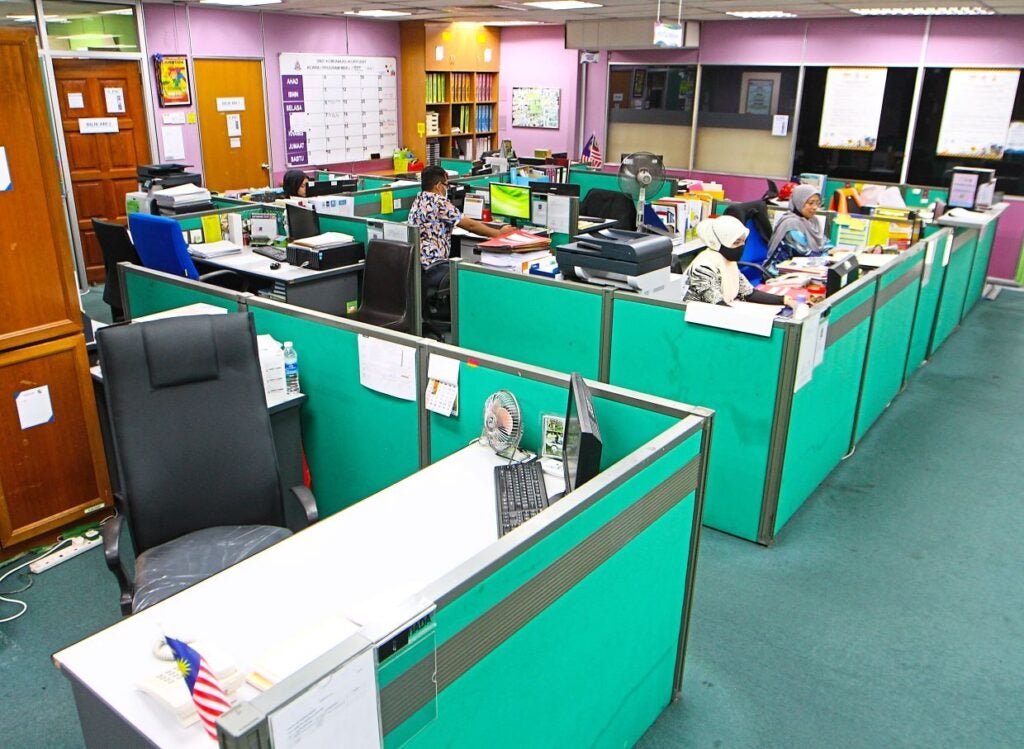Disclaimer: In Real Life is a platform for everyday people to share their experiences and voices. All articles are personal stories and do not necessarily echo In Real Life’s sentiments.
Malaysians have grown up joking about how we have so many public holidays thanks to the multiethnic population of the country’s residents. But Malaysia only has 14 federal public holidays – that’s way less than Iran’s 25, the world leader in public holidays.
And when you really think about it, Malaysians aren’t that lucky either to be employed locally. There’s a reason why those who can afford it send their children overseas in hopes that they will be employed abroad. Malaysia has awful labour conditions that frequently exploit workers.
Let’s take a look:
1. Malaysians don’t get much annual leave
The amount of annual leave that Malaysian employees receive is dictated by the Employment Act 1955. Malaysian workers are entitled to a minimum 8 days of annual leave with 1 – 2 years of employment with a specific employer. In comparison, Vietnamese workers get a minimum of 12 days. For the curious, the country with the most generous annual leave policy is Spain with 39 days!
Malaysians definitely spend most of the year working 5 days a week, leaving 2 days for rest and recreation. Those who work in the service industry may find themselves working 6 days a week even, especially those in F&B.
2. Malaysians have one of the worst commutes in the world
Kisi’s 2020 Work-Life Balance Report on cities around the world revealed that KL-ites were at the number 1 spot for the people who spent the most amount of time commuting and working. This obviously comes as no surprise to us, let’s be real.

Source: wapcar. My
“I used to leave at 6.30 AM to reach my office in the centre of KL early,” Hema said. “If I was just 10 minutes late, I’d be caught in the jam on the MRR2.” She usually reached her workplace at 7.15 AM and she’d make up the rest of the time before her shift starts by putting on her makeup and getting a cup of coffee from the nearest café. Traffic congestion is a big problem in Malaysia, made especially worse by our lack of effective public transport infrastructure.
“It was better when we could work from home, but sadly a lot of companies are rejecting work from home culture.”
Despite having to commute for work, funnily enough, commuting isn’t
3. Malaysians have really bad work-life balance
This same report by Kisi also found that KL-ites are also the 4th most overworked people in the world. Who’s surprised? While some countries seek to reduce work hours and working days, Malaysian employers are reluctant to even raise the minimum wage!

Source: reuters
The Employment Act defines the Malaysian workweek as 48 hours, with a maximum of 8 hours per day and 6 days per week. Yet science has discovered that the ideal work day should be much shorter! 6 hours is the sweet spot, in fact.
The idea of an 8 hour workday is actually more than 200 years old. It was started way back in 1817 because of a slogan: “8 hours labour, 8 hours recreation, 8 hours rest”. It was expected in those days that as technology got better, people would have to work less.
But Malaysian society has a very strict concept of “hard work”. People who hate having to work are shamed for not being productive. Unsurprisingly, this does not help the issue of Malaysian employees being overworked.
4. Malaysian workers are not well-paid
On the 1st of May 2022 the Malaysian minimum wage will be raised from RM1,200 to RM1,500. Although the change is welcomed by many Malaysians who do not own their own businesses, it is still not enough. Back in 2019, the poverty wage was RM2,208. One can’t help but wonder though whether that has risen in the years since.
Beyond poverty though, a report released by Bank Negara in 2018 says that to live with an acceptable standard of living in KL, a single person would need to earn at least RM2,700.
Unless you’re a business owner, it’s hard to believe that many Malaysians are really paid what they’re worth.

Source: reuters
5. Foreign labour is treated very badly
Malaysia’s rapid development is all thanks to our dependence on foreign labour. Lots of manual labour is done here thanks to men who come from countries like Nepal and Bangladesh. Some of us grew up in homes where we had a kakak from Indonesia or an ate from the Philippines.
But this is where Malaysia’s cruelty shines: the treatment of our foreign workers is not only downright xenophobic, it is a crime against human rights! It’s gotten so bad that Indonesia refuses to send their people to us to work as maids.
Foreign workers not only live in terrible and cramped conditions, but they’re also abused while on the job. What can I say? Malaysians make natural bullies.

Source: bernama
Malaysian labour law is more in favour of employers than workers too – something that has to change
It makes no sense when you consider that the vast majority of the population is made up of workers.
But sadly, laws are slow to change. It doesn’t help that Malaysia suffers from a serious lack of workers unions. In Malaysia, strikes done outside of a union are illegal – carrying out an illegal strike can result in fines or imprisonment.
It’s not about being lazy or hardworking, it’s about being able to enjoy life while holding down a job.
For more stories like this, read: Resign From Your Toxic Job! – 5 Tips For Malaysians Facing Burnout In The Workplace, I Got A Job With Both Higher Pay & Higher Stress – Is It Worth It?, and 4 Malaysians Share Their Reasons Why They WALKED OUT Of A Job Interview.
More from Real People
‘A RM100 fee cost a company 5 years of revenue’ shares M’sian
This story is about a Malaysian who learned that bureaucracy can be defeated simply by not arguing with it.A billing …
‘I quiet-quit, upskilled, and tripled my salary,’ shares M’sian engineer
This story is about a Malaysian who learned that loyalty without leverage leads nowhere in the corporate world.After years of …
‘I did everything right, and it still wasn’t enough’ shares M’sian graduate
This story is about a Malaysian graduate navigating big dreams in a job market where a degree no longer guarantees …
















